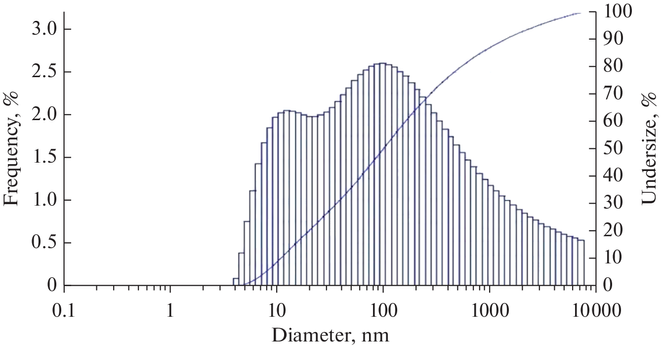
Uncovering the Effects of Alcohol on Green Tea Polyphenols Release from Albumin Nanoparticles - Cytology and Genetics
Abstract Alcohol-induced dose dumping is a major concern in modified-release formulations. We developed green tea polyphenols encapsulated albumin nanoparticles (GTP-ALB-NPs) to check the key factors governing alcohol-induced dose dumping. GTP-ALB-NPs were prepared from 10% albumin solution and 5mg/mL GTP. Nanoparticles were characterized by dynamic light scattering (DLS), atomic force microscopy (AFM), and high-resolution scanning electron microscopy (HR-SEM). Drug solubility, swelling behavior, media uptake, and wettability/contact angle measurement were studied. In vitro drug release was studied in release medium with different quantities of alcohol and release kinetics was determined. The similarity factor (f2) test was used to assess the dissolving characteristics of the drug in both alcoholic and non-alcoholic media and the corresponding change in the medium was calculated. GTP-ALB-NPs of <100 nm size were synthesized. GTP became more soluble when the amount of alcohol in the release media was increased. Similar results were witnessed for swelling behavior and the media uptake studies. Contact angle measurements showed all dissolution profiles to be < 90°. The cumulative release of GTP was increased with the increase of alcohol in the release medium. Maximum GTP release (~95%) was observed in PBS with 40% alcohol in 48 h, showing no dose dumping. The release data followed an anomalous mode of drug dissolution and were modeled into zero-order kinetics. The six months stability testing conducted at 25 ± 2°C revealed no significant difference. GTP-ALB-NPs showed a positive effect in alcoholic media compared to nonalcoholic medium. Increased alcohol proportion increased along with the drug release percentage. GTP-ALB-NPs could be safe for alcohol-induced dose dumping and used as a potent carrier of GTP.